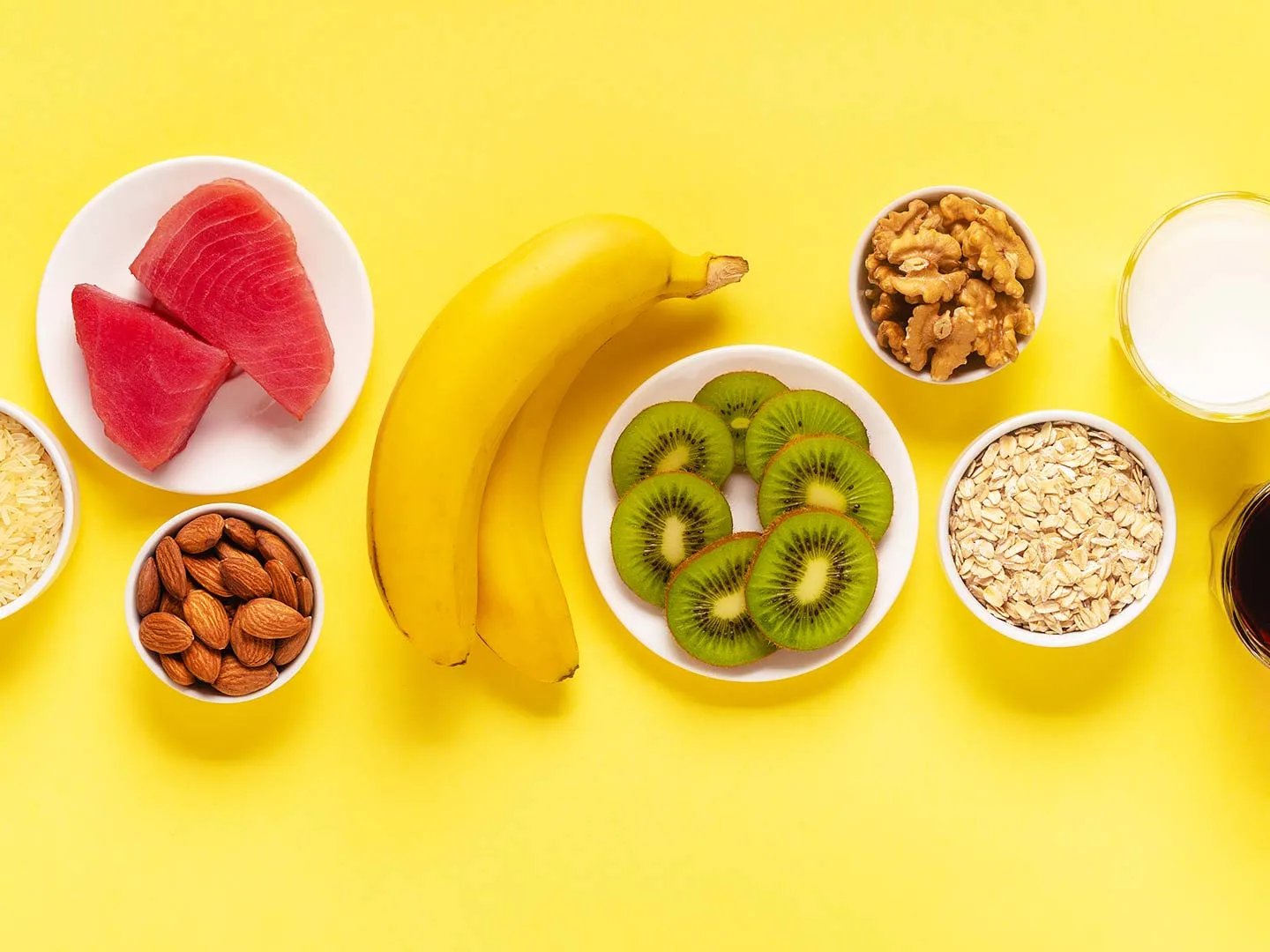What Is The Ketogenic Diet?
The foundation of the ketogenic diet is that by forcing the body to burn fat for fuel instead of carbs, which are normally its main energy source, you may maximize weight reduction. When you eat foods that include carbohydrates, your body turns those nutrients into glucose, often known as blood sugar, which is ultimately used as energy.
Here Are The 17 Myths About Keto Diet You Should Not Believe:
Myth 1: You’ll Always Feel Tired
When you initially begin the keto diet, there may be an adjustment period as your body learns to burn fat for energy rather than sugar. You can have some tiredness during that period. But as you adjust to your new eating schedule, you’ll probably feel even more energetic!
Myth 2: It Is Bad For Athletic People
One of the greatest diets for athletes is the keto diet. It will support weight management and promote muscle growth. A lack of carbohydrates won’t make you run out of energy.
Myth 3: You Will Lose Muscle Mass
While following the diet, it is possible to put on muscle mass. According to a published study, combining strength training with the keto diet can help you gain lean muscle.
Myth 4: No More Carbs — Ever!
That is not true; it is one of the widespread myths about keto that scares people. They struggle to imagine a world without carbohydrates. The keto diet does, however, place a daily carbohydrate restriction; you should instead pay attention to net carbohydrates.
Myth 5: It Causes Flu-Like Symptoms And Fatigue
Several people believe that keto negatively impacts your immune system because some people have reported having various flu-like symptoms. However, it is a myth, and experiencing flu-like symptoms upon beginning a diet is natural.
Myth 6: Keto Diets Are Not Sustainable
Many individuals think low-carb diets can’t help you lose weight permanently. This may be the case for many diets because the diet plan must limit their calorie intake. On the other hand, people who follow the ketogenic diet can eat until they are completely satisfied, which also helps to reduce hunger.
Myth 7: No Alcohol
Unbelievably, low-carb and keto-friendly beverages include spirits, dry wines, and some light beers. Although most people consider beer and wine to be high in carbs, there are now an increasing number of products that are acceptable on the keto diet.
Myth 8: You Can’t Eat Fruits And Vegetables
Since the keto diet is primarily low in carbohydrates, many fruits and vegetables high in carbohydrates are prohibited. But along with various veggies, people following a ketogenic diet can eat berries (in limit). If you’re on the keto diet, feel free to eat a lot of leafy greens like kale, spinach, and swiss chard, as well as summer squash, cauliflower, broccoli, asparagus, bell peppers, onions, garlic, and mushrooms.
Myth 9: Products Of The Soil Ought Not To Be Consumed
Leafy foods are excellent for losing weight because they are abundant in nutrients and low in calories. These shouldn’t entirely disappear from a low-carb diet. These are essential ingredients for a regular eating schedule. To find out how much of any of them are safe to consume, consult a specialist.
Myth 10: Keto Diet Is Terrible For Your Heart And Cholesterol
Of course, the popular myth holds that a ketogenic diet must be harmful to your heart and cholesterol because it is high in unhealthy fats. There is nothing more wrong than it.
A ketogenic diet raises levels of good cholesterol and lowers levels of bad cholesterol. This diet pattern is also supported by research on heart disease. You may see even greater health benefits if you adopt a ketogenic diet focusing on avocados, almonds, and other healthy fats.
Myth 11: Exercising Is Not Recommended
Exercise! You may feel more tired at the start of the diet, but this is not a reason to quit exercising. Your body is identifying its fuel source. To get the most out of your workout, ensure you’re eating enough and giving yourself enough recovery time. You may also observe that you require extra carbohydrates when exercising. It’s fine to increase your carb consumption somewhat on workout days—listen to your body.
Myth 12: The Ketogenic Diet Is Beneficial For Everyone
You should be more aware of some things when it comes to thyroid, stomach, and adrenal issues. A ketogenic diet may not be appropriate in certain situations. If you have issues with your cortisol or thyroid, a ketogenic diet is probably not for you right now.
Myth 13: You Can Eat As Much Fat As You Want
The keto diet now includes clear criteria for how much fat you should eat and what sorts of good fats should be included. With minimal eggs, poultry, meats, and wild-caught fish, the focus is on unprocessed, whole food sources such as avocados, olives, olive oils, almonds, coconuts, and grass-fed butter.
Myth 14: Keto Is Bad For Type 2 Diabetes
Keto helps you lose weight and slim down, which benefits your diabetes overall. The issue is that the high-fat keto content will increase the risk of type 2 diabetes. However, new research has revealed that keto can reverse type 2 diabetes.
Myth 15: You Can’t Enjoy Sweet Treats And Snacks On Keto
With the popularity of the keto diet in recent years, new keto goods have exploded. As a result, we can enjoy sweet desserts and snacks while on keto.
Myth 16: It’s A High-Protein Diet
According to Perfect Keto, you should consume 75% of your daily calories from fat, 5% from carbohydrates, and 20% from protein.
Adults acquire 10-35% of their daily calories from protein; thus, a high-protein diet means 30-35% of your calories come from protein sources.
Myth 17: Keto Diet Is Bad For Your Gut
Sugar and carbohydrate-rich diets are significantly linked to a variety of gastrointestinal illnesses. It is important to remember that the gut is a complex organ, and the microbial population in each of our individual stomachs plays an important function. Regardless of diet, a high-quality probiotic is one of the greatest ways to restore the beneficial bacteria in your gut.
Conclusion
Those are the top 17 keto myths that keep popping up. We believe there is one general rule that everyone should follow: If you feel better on the keto diet, that’s fantastic. It may not be the best pick for you if you’re not thriving on the keto diet.
Read also – Top 20 Types Of Gujiya To Try This Holi



